Challenges for the new government : 13 major issues to be addressed
 Par
Nafissah Fakun
Par
Nafissah Fakun
 Par
Nafissah Fakun
Par
Nafissah Fakun
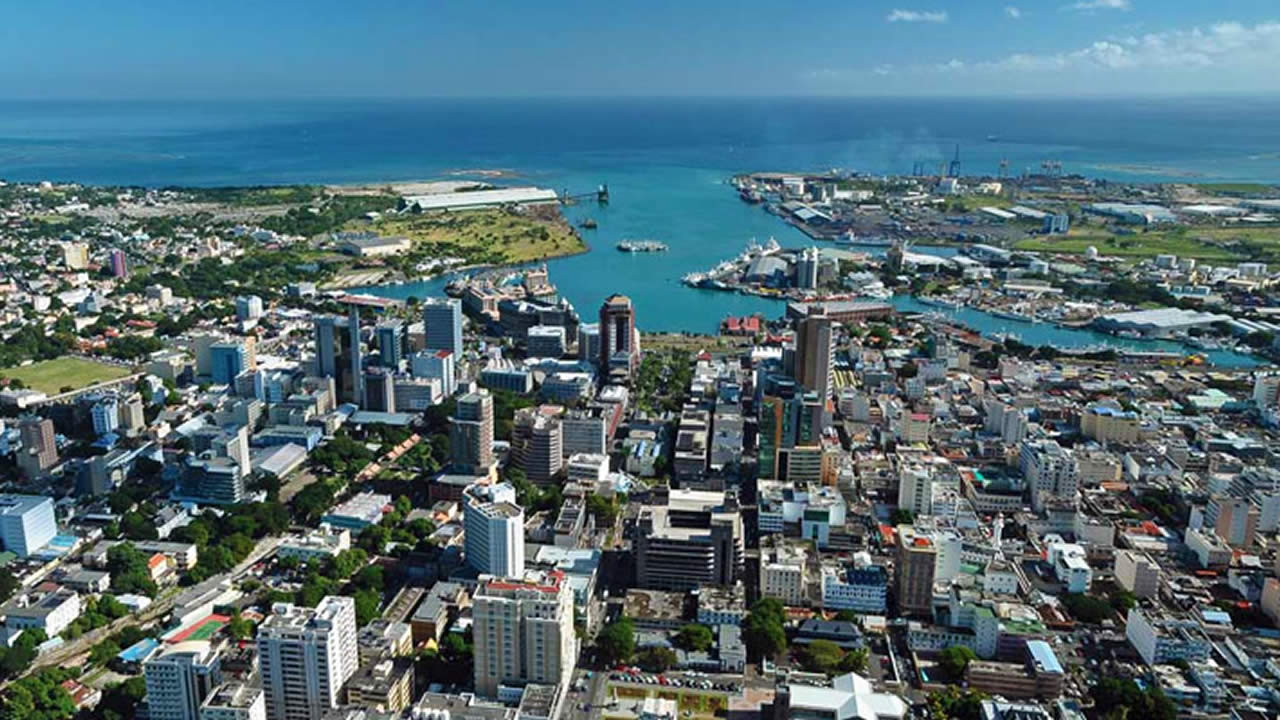
As the clock is ticking for one of the most-awaited general elections, leaders of different political parties are coming forward with several tempting proposals. Are these promises worth their weight? Will the parties own up to these promises? Experts in different fields are of the view that the upcoming government will have thirteen major issues to be addressed. Several stakeholders, namely Manisha Dookhony, Economist & Managing Partner - Rwenzori Consulting and Founder member of Mauritius Society Renewal, Pramod Jaddoo, economist, Pierre Dinan, economist, Sanjay Matadeen, economist and Lecturer at Middlesex University, Pitch Venkatasamy, Think Mauritius and Lindsay Riviere enumerated thirteen major challenges that the new government need to resolve, ranging from economic to social and environment.
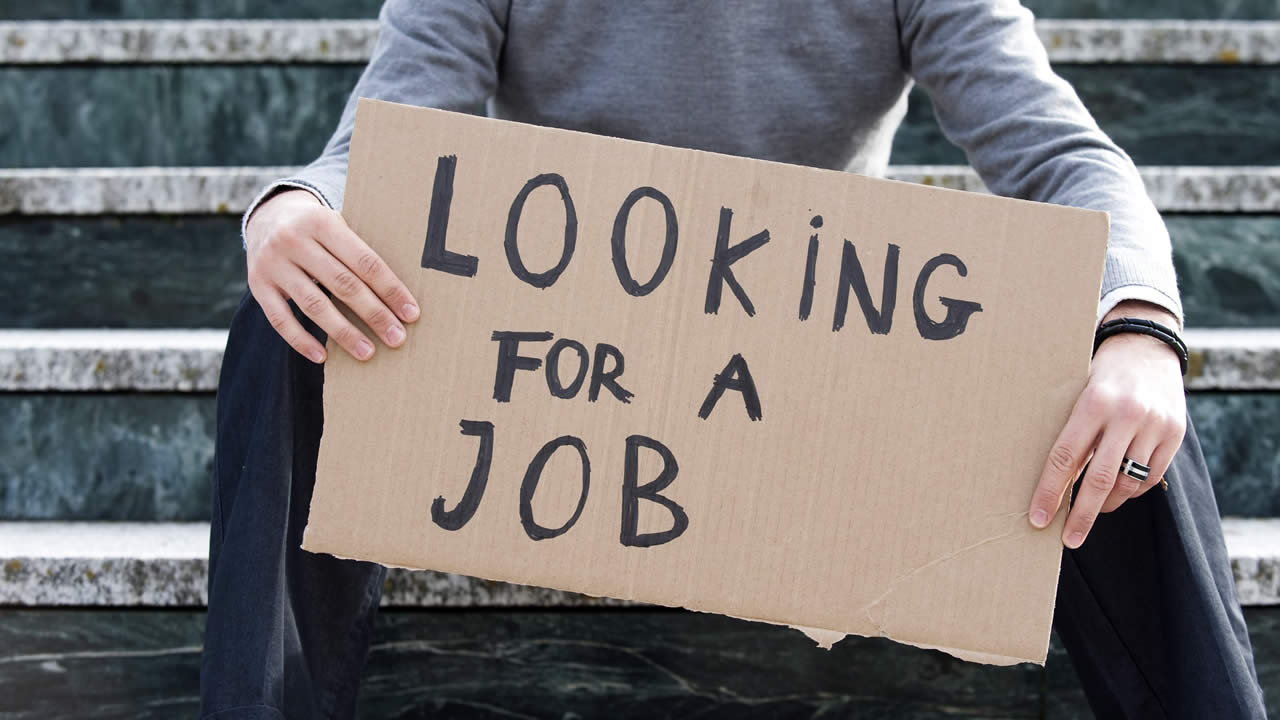
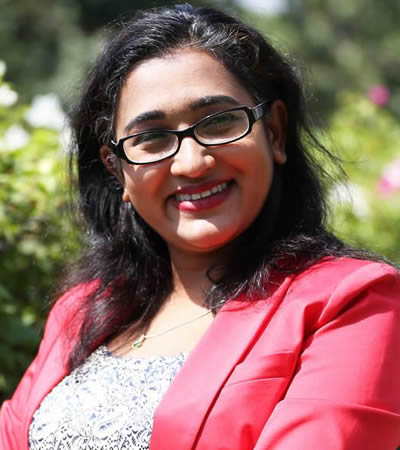
Manisha Dookhony explains that one of the biggest challenges in Mauritius and even one that was highlighted by the Pope in his homily, is the huge problem of youth unemployment. “One in four or around 18,200 young people under 25 cannot find work. Of this number, more than half or 10,100 are women, despite the fact that women in Mauritius are on average more qualified than men. If we refer to the national average, around 8,500 would not have the School Certificate level and many do not also have the necessary educational training that would give them access to those opportunities that are available on the market. Although there is more and more training focused on these young people who do not have the minimum SC, there is a real deficit in terms of training and upgrading.” She adds that of the remaining 9,500, one third would have the SC level. “At least 2,100 the HSC level.
Unfortunately, we do not have agencies like Pole Emploie in France, which facilitates networking to facilitate recruitment and job application. The government can develop national action plans for youth employment, but without the support of educational institutions and private operators, these plans will be in vain. Opening opportunities to young people will have to be a major priority for any government. However, this should not be in the form of more government jobs only. Instead, to stimulate job creation and finding solutions to the problem will require a great deal of public and private collaboration.”
On the other hand, Pramod Jadoo utters that unemployment has been affecting our youth for the past years. “There is a great problem of mismatch between our labour market and our education. This situation in fact creates lots of frustration among our people and this is one of the main issues that should be settled. In addition, our education system is still too academic. We are only preparing our youth for traditional jobs and not future job demands. This is why we will continue to suffer from brain drain.”
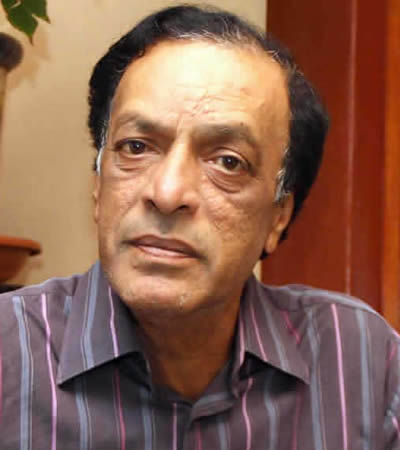
Pramod Jadoo trusts that our inflation does not reflect our real cost of living. “Our cost of living has increased considerably in the past few years. We cannot rely on the inflation statistics only. Combating inflation by relying on the statistics does not mean that we have dealt with our cost of living.” The latter utters that there are issues affecting our main sectors, which should also be addressed in order to boost our economy. “We have the agricultural sector which includes the sugar and non-sugar zones, as well as the manufacturing sector. We have also not properly launched sectors such as the seafood and the ocean economy areas. In addition, our financial sector has also suffered of repercussions from problems such as the BAI and Bramer Bank affair.”
According to Pramod Jadoo, “we need to develop strong economic pillars in order to face the challenges coming our way such as the Brexit. International economies like China and India are also having difficulties and some are even closing their barriers. So, politicians have to propose good strategies.” He trusts that Africa is the solution for Mauritius. “Kenya wanted to review its double taxation agreement. Kenya is a potential investor for Mauritius. We need to exploit the African market.”
Pitch Venkatasamy deplores the representation of women. “If there are 50% of women in the country, it should be reflected in parliament. This will lead us to review the functioning of our democracy as a whole.”
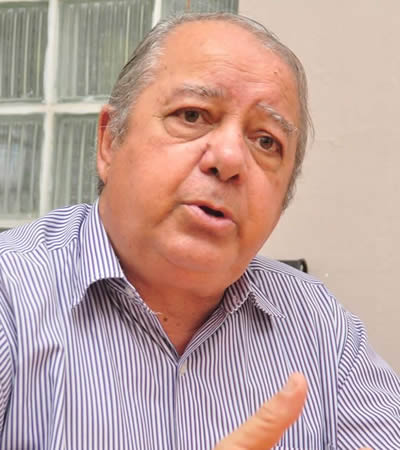
Growth is another major issue. Manisha Dookhony argues that there has been a large range of debate on the rate of growth, whatever form or extent it takes, economic growth in the next five years has to create the conditions for high-added value production in the agricultural and manufacturing sector. “There will undoubtedly have to be a focus on high value-added SMEs. We shall need to accelerate initiatives for the implementation of new poles of growth, including the blue economy projects. In any case all poles of growth will need to promote and attract innovation. Focus will also have to be on expanding Mauritian initiatives in Africa, with more incentives for businesses to expand our footprint on the African continent.”
Lindsay Riviere trusts that “foremost among major issues is the current state of the economy and the need for vigorous action. Public debt, the budget deficit, external trade and balance of payments deficits are all rising alarmingly and threaten our economic fundamentals. Slow (3.6%) and jobless national growth is disquieting. Our main economic sectors, namely agriculture, textile, tourism, are producing disappointing results.
Financial services are under pressure since the ill-advised deal with India. The push towards ever-increasing consumerism and imports, plus over-generous social policies, are undermining real investment-driven and long-term progress. How we kick start the economy and stabilize our main growth sectors is fundamental to a stable future. Yet, this is barely discussed in the campaign. Very few new ideas are floated.”
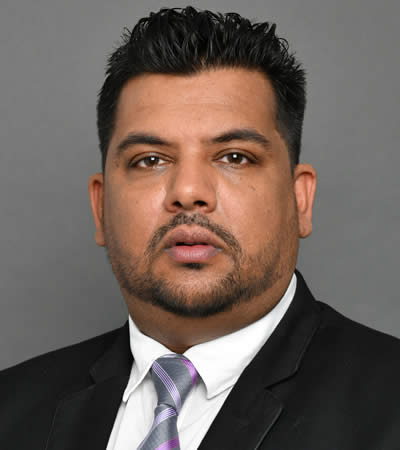
Lindsay Riviere states that instead, “we are engaged in a spiral of promises, with little consideration for the financing of these promises and their impact on the economy. As pointed out by economist Pierre Dinan lately, our ballooning social welfare budget now far exceeds our national budget for education, which is an essential investment in the future. We must address these issues; decide on how much we want to spend on merely pleasing special-interest groups. How do we save our agricultural sector? What of the under-performing new ‘pillars’ of the economy, such as the Ocean Economy, ICT, wealth management, arbitration, petrol bunkering, among others, which all seem to be going nowhere?”
Lindsay Riviere raises several questions. “How do we face up to Brexit-associated trade difficulties? How do we make better use of our 2.2 million Kms ocean area and develop our far-away islands? How do we generate sustainable growth and stop relying on non-productive real estate purchases by foreigners? Our currency is under pressure and inflation may soon rise. What do we do about that? These are real issues. We do not see alternative proposals in these areas,” he utters.
Unemployment and soaring public debts are consequences rather than causes of low economic growth, argues Sanjay Matadeen. “The priority for the moment is the stagnating economic growth of around 3.5%. Without a doubling of our rate of growth, it will be difficult to reach high income country status by 2030. Also, a higher economic growth will stimulate aggregate demand in the economy boosting both consumption and job creation, increase tax revenue and a reduction of public debt. On this front, there is a clear lack of ambition or vision from the mainstream political parties.”

He states that our present economic model is showing signs of chocking with traditional pillars of the economy in tatters. “Without placing these sectors in economic emergency and at the same time developing new pillars in the technology and green economy, economic growth will not take off.”
According to Pierre Dinan, we need to ensure that the conditions are present for the economy to continue to grow. “What we want and need is sustainable growth. There are several challenges affecting the economy at present. There are both internal and external challenges. When it comes to the external ones, we have a lot of uncertainty in the international economy because of the Brexit saga. Britain is an important trading partner for Mauritius and if the British economy has problems, this can affect our export of goods and services to Britain. In addition, there is the trade war between Britain and China. This is raising doubts as regards to the international trade.” He trusts that for the international trade to be at best, “we must have the free movement of goods and services throughout various borders.” There are risks, he says, that this sort of trade war will extend to other countries. “In Mauritius, we are so dependent on our exports and we hope that this does not affect our trade partners.”
When it comes to internal challenges, Pierre Dinan explains that our own industries are facing difficulties. “Our sugar, tourism, manufacturing, cross-border financial services are having problems but they must be dealt with properly. There are strong challenges and one would expect that the political parties will come forward with solutions on how to handle those issues,” utters Pierre Dinan.
Pierre Dinan would like to know what politicians are proposing to develop our sea resources. “This is also a major issue if we want to get our economy on a higher level. We have exclusivity over our sea which extends on a 2.3 million km2 area. Are politicians studying this issue and do they have a strategy for research in terms of what resources can this provide? Are we going to ask for help from other countries to explore those sea resources? We need to further develop the sea resources for the benefit of our country.”
Another pressing issue is poverty, as highlighted by Manisha Dookhony. “On the social side the number of poor households have increased from 23,700 in 2002 to 33,800 in 2012 and 36,100 in 2017. As a result, the number of people living in poverty has increased from 93,200 in 2001 to 130,500 in 2017. This figure does not include those who live in heavily indebted households. Along with the poverty problem comes the fact that a large number of children suffer in a frontal manner the problems of poverty. Poverty cannot be tackled in a piecemeal approach. Instead, it has to be tackled in a more comprehensive manner by addressing related issues of employment, education, housing, drugs, insecurity, violence, child abuse, elderly care. It also has to incorporate the rehabilitation and revaluation of disadvantaged regions within urban and rural areas.”

The size and frequency of drug busts is rather alarming, claims Manisha Dookhony. “The other alarming fact is the amount of synthetic drugs which are increasingly easily available at low costs for children from primary schools. We need a really comprehensive policy on the drug problem.
Repression alone does not work. There has to be actual and effective systems for treatment of drug addicts including children. It is even more alarming as synthetic drug use can have irreversible effects on the young brains and the pool of labour of tomorrow.”
Khalil Elahee believes that the electoral promises seem to neutralise each other. “One proposes PRB report application from 2020, others follow suit. Same for raise in pensions. The eldery and the public servant are major bank votes. What is sad, other than the polarisation around three men candidates to act as PM, is the lack of focus on the issue of climate change and its potential impacts.”
The issue of energy policy as well as the re-engineering of the cane sector as well as that of integrated solid waste management are not addressed, he adds. “The short campaign does not allow proper debate. Reforms needed for the electoral system or for education are not fully analysed. To conclude, this is not a normal poll, it is about leadership and that is also restricted to what the systems impose on us.”
Sanjay Matadeen opines that mainstream political parties are banking on their farfetched electoral promises to outbid their rivals. “It is clear that the impacts in terms of costs of these promises, be it in terms of increase in old-age pensions, unemployment benefits or youth employment support, have not had a systematic analysis, especially in terms of economic priority and impact on budget deficit and public debt. The goal seems to be for the moment to just win the elections and think about consequences later.”
Pramod Jadoo, on his part, states that the political parties are all deviating from the real issues. “There are no innovative proposals that will have an impact and bring a change in the coming years. Our country has great potential but we are wasting our precious time with childish matters.”
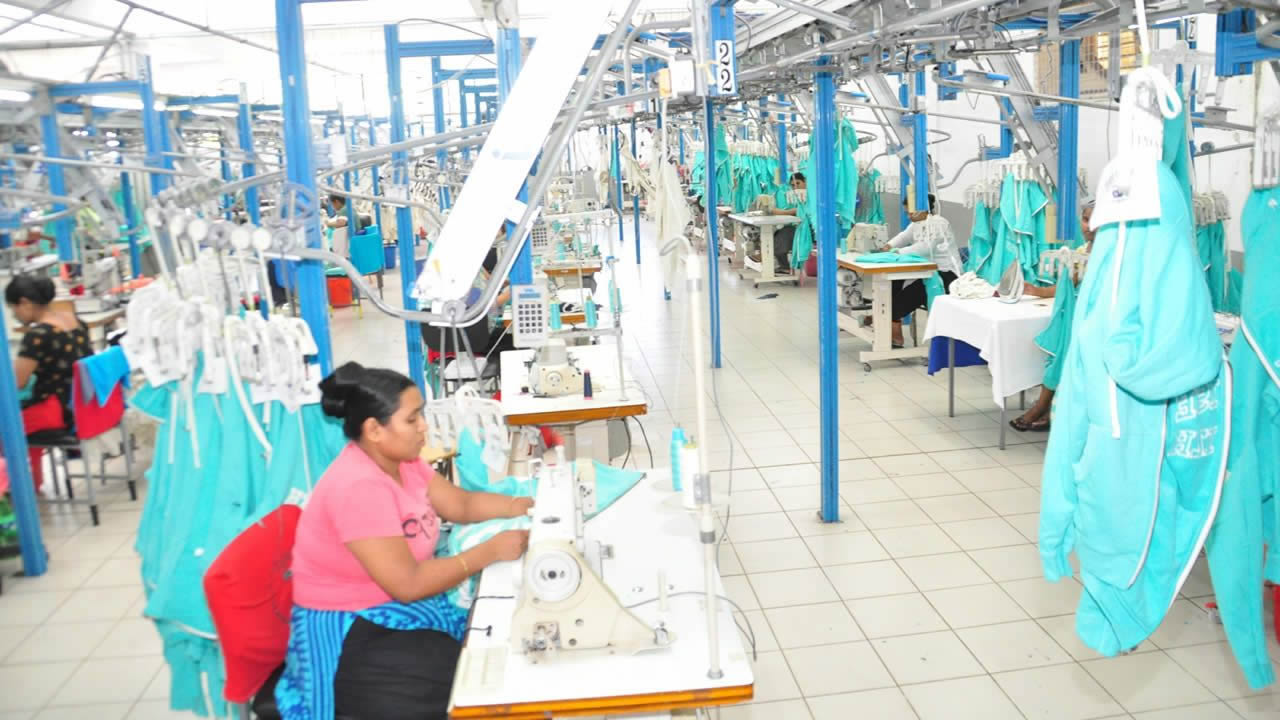
Pierre Dinan underlines that our manufacturing free zone is outdated, since it was founded in the early 1970s when there was a large amount of people being paid at an extremely low wage. “Since then the country has developed and the labour is no longer cheap. We must now adapt this industry to the new technological and economic conditions. For example, to what extent have we modernised the equipment in the factories? Are we talking about the progress in terms of technology?”
Pierre Dinan wonders if we are aware that we are facing new challenges from destinations like Seychelles and Maldives. “What are we doing to improve our product when it comes to the tourism sector? What about product diversification, which is vital for the sector? We need more tourists to come and see what we have to offer. What we have here that other destinations do not is our multicultural diversity. Are we going to favour this?”
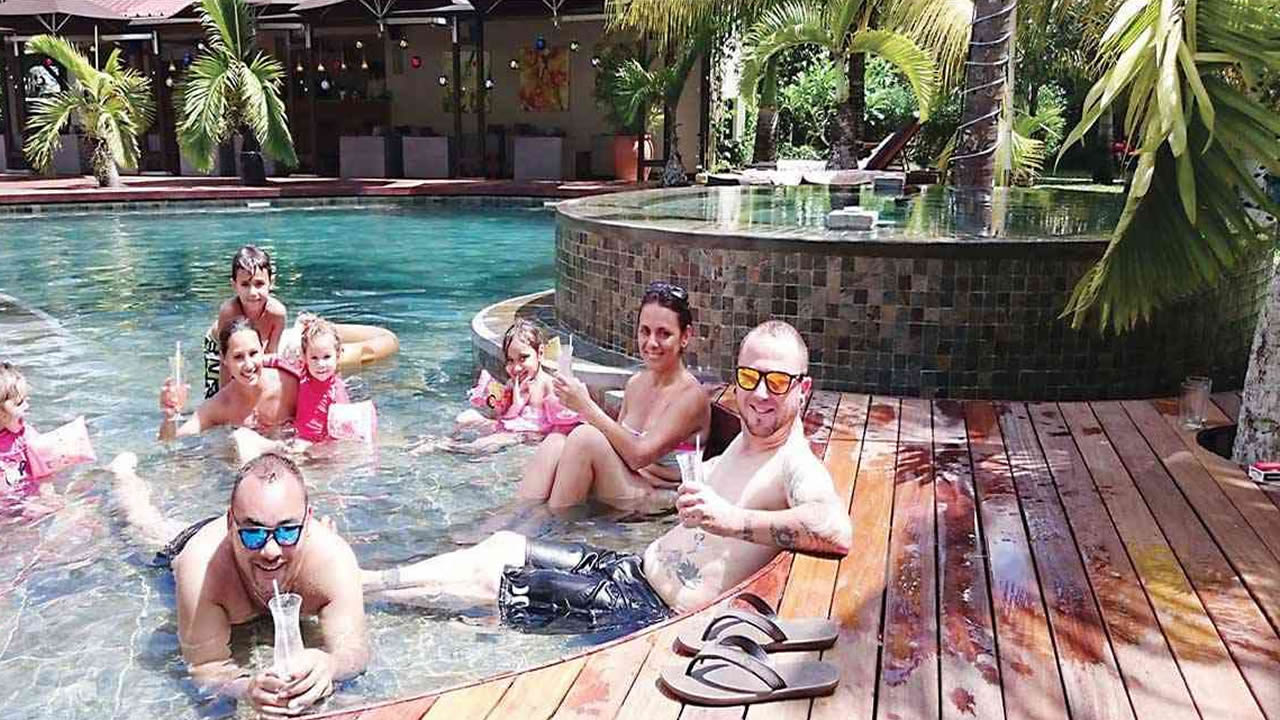
Pierre Dinan wonders if we are aware that we are facing new challenges from destinations like Seychelles and Maldives. “What are we doing to improve our product when it comes to the tourism sector? What about product diversification, which is vital for the sector? We need more tourists to come and see what we have to offer. What we have here that other destinations do not is our multicultural diversity. Are we going to favour this?”
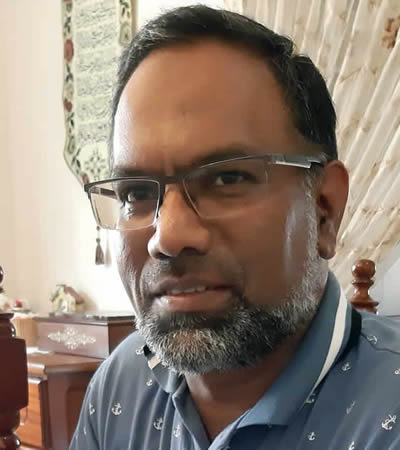
We cannot continue filling our landfills, using as much plastic and be uncautious about our environment, says Manisha Dookhony. “The Environment Statistics 2018 report states that there has been reduction in the area of our forests, intensive use of fertilizers and other agro-chemical products contributes to the pollution of groundwater by nitrate; the energy sector is the largest emitter of carbon followed by the waste sector. 87.1% of our energy needs are based on the import of fossil energy (petroleum products and coal) while our temperature continues to increase at record levels. There are clear advantages for developing poles of circular economic growth.” She states that the MCCI has already started an E-Waste project. This brings us to the Ecology. “If we are serious about our future, we shall need to review our environment and ecology policies. We should establish sustainable development models to significantly reduce ecological footprint of the country.”
Pramod Jadoo trusts that sustainable development and issues like climate change should be settled. “Politicians should be talking about those issues as they are pressing matters. I trust, for example, that the Metro project was not a solution for our transport problems in the island. We have destroyed so many trees to put steel on the road but we still have traffic issues.
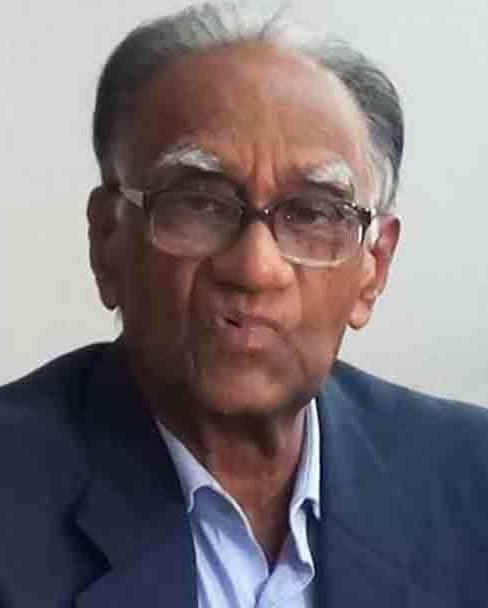
We want to become like Singapore but that country does not have housing, transport and infrastructural problems like we do. For example in Mauritius, we do horizontal construction instead of vertical construction.”
Manisha Dookhony is of the view that an ageing population and health services are other major challenges to be redressed. “We have an ageing population and by 2024, we shall have more than 14% of the population above 60 years old. Our health services and elderly care have not evolved to adapt to the needs of these elders. In addition, these services, although good, do not meet the requirements of modern times. The incessant queues, poor paramedical care, mistakes and numerous problems within the hospitals all are reminders that it is a service that needs to be modernised to adapt to the new needs. Unfortunately, we do not even have a geriatric hospital, as its implementation has disappeared from the government screen.”
Lindsay Riviere also raises several questions when it comes to the social front if the old-age pension continues to expand. “What are the limits of our Welfare State? How much do we hand out for old-age pensions? Each Rs 1,000 increase is equivalent to Rs 4 billion. If we increase pensions to Rs 10,000 per month, we need Rs 16 billion more each year. Who gets to pay? Do we abolish universal entitlement? Do we change our fiscal regime, which is a major attraction to overseas investors in order to pay for all these? Do we increase VAT?”
On other fronts, states Lindsay Riviere, “major issues are the increased bias of State services, the perceived inefficiency of the Police Force, domestic and school violence, the push in the overall crime rate, the inadequacy of our health services, sharp increases in the cost of living. Drugs are increasingly available. Do we replace ICAC and ADSU for better results? The terrible state of corruption, favoritism, nepotism requires deep thinking and radical action.”
Matching the old-age pensions to the minimum wage level is not a bad proposition when we know the escalating cost of living in Mauritius, especially in terms of food items and medicines, indicate Sanjay Matadeen. “However, with an ageing population, without a reform of our existing pension scheme, we are shifting the burden to future generations and this will be unsustainable. An urgent rethinking of our exiting pension scheme is crucial.”
Manisha Dookhony is of the view that apart from the obvious issues of ethnic classification, there is a need for constitutional rethinking to incorporate greater gender inclusiveness and socio-economic rights within the constitution.
According to Lindsay Riviere, “we also need political reform: Electoral Reform but also other changes to our national Constitution to reduce communalism and promote meritocracy and efficiency. We have to work towards a more ethnically-neutral State, where all citizens enjoy equal treatment and equal opportunities. There are so many challenges, requiring political courage. And yet, politicians are so shy and indecisive. The electoral campaign in that regard is extremely disappointing.”
Pitch Venkatasamy shares the same view. He states that our democracy is not functioning as it should be. He deplores the fact that the rights of the citizens should not be limited to voting. “The citizens should have a say when decisions are taken. They should have the right to ask questions or refuse to accept any nomination.”
 J'aime
J'aime